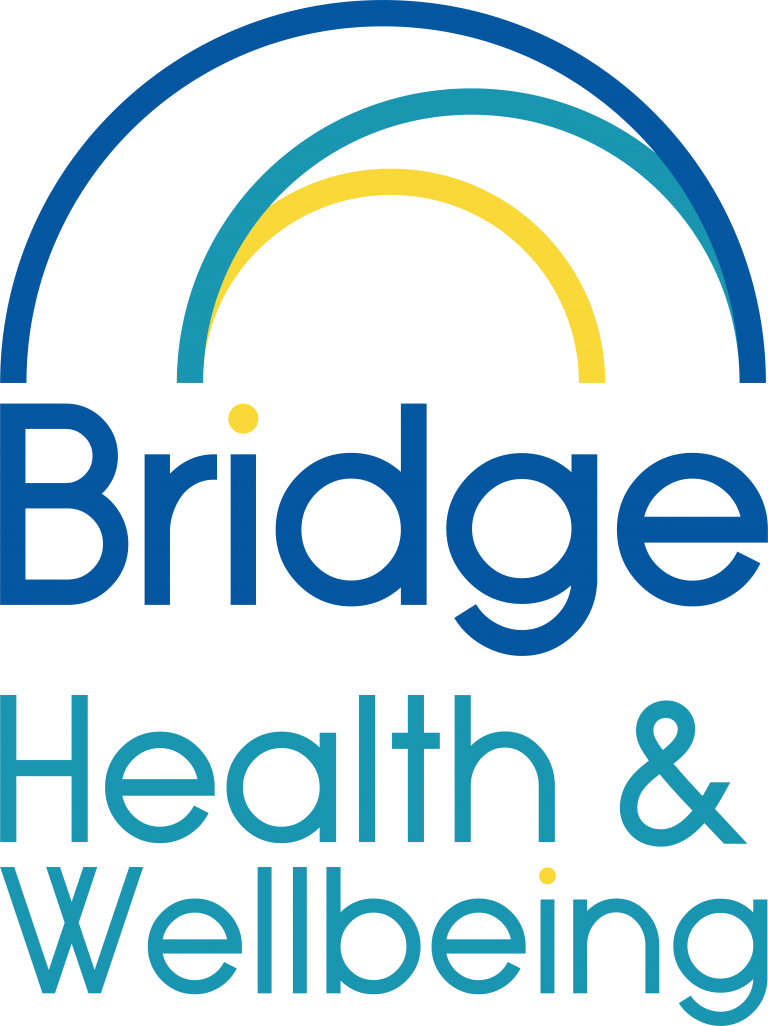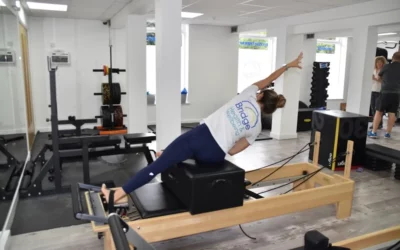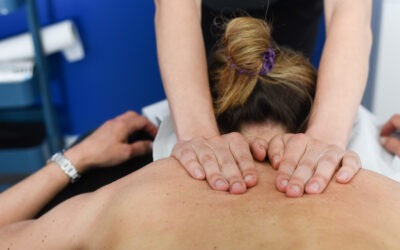Orthopaedic surgery relates to surgery that is performed on the bones and joints. Unfortunately, due to the demands that Covid is having on the NHS, elective orthopaedic surgery is being postponed or cancelled. People waiting for procedures like hip and knee replacements are now stuck and don’t know what to do.
What should I do if my orthopaedic surgery has been postponed?
The main advice we can give is to try and keep active. This should help with your symptoms in the short term. It will also get you better prepared for when the surgery takes place.

There is no one activity or exercise that works for everyone so try to find things that help. Low to moderate intensity levels are the best place to start. Things like walking, cycling, Pilates, Yoga and Chi Kung. These exercises are all great as they are very manageable and shouldn’t aggravate your symptoms too much. If walking is an issue, try using walking poles. These reduce the load through the legs by up to 60%, meaning you can walk further with less pain.
Targeted and progressive exercises that work on joint mobility and muscle function can be very effective in reducing pain, even in very arthritic joints. Again, it’s about starting at quite a low level and building up the intensity.
For examples of hip and knee exercises, as well as some Pilates exercises you can try at home, check out our YouTube Channel:
https://www.youtube.com/channel/UC1b5FB7knMr6yRs2evKendw/playlists
You should also make sure you are eating healthily and keeping your weight down.
What shouldn’t I do?
Try to avoid the activities that really aggravate your symptoms. Make sure that what you are doing is within your capabilities. Start with 2 shorter walks rather than 1 long walk. Use lighter weights first and then increase, so that your body can tolerate what you are asking it to do.
It is also important not to do nothing! Our bodies and joints are designed to be used and loaded. It’s up to us to use them in the right way.
What about pain relief?
If you are waiting for surgery it is more than likely that you are already on some form of medication. Make sure you get in contact with your GP and ask for a review if you are finding this isn’t working anymore.
If you are getting any reaction after an activity you might find that icing the joint is useful. With symptoms more around stiffness and restricted movement, heat packs, a hot bath or a hot water bottle could be a better option.
We have a huge amount of experience treating patients pre and post orthopaedic surgery here at Bridge Health & Wellbeing in Christchurch, Dorset. Please contact us if you have any questions or would like to speak to one of the team on 01202 473800.

Paul O’Connell (MSC, BSC, HCPC, MCSP) is a physiotherapist with two decades of clinical expertise. He has worked right across the UK, from North Yorkshire and London to Hampshire and Dorset. Sports medicine is one of his areas of special interest: he has worked both on the touchline and in sports injuries clinics, and now lectures on the Sports Therapy programme at Bournemouth University. Having spent several years managing physiotherapy and health assessment teams in two key Nuffield Health hospitals, Paul also has an extensive understanding of orthopaedic surgery.



